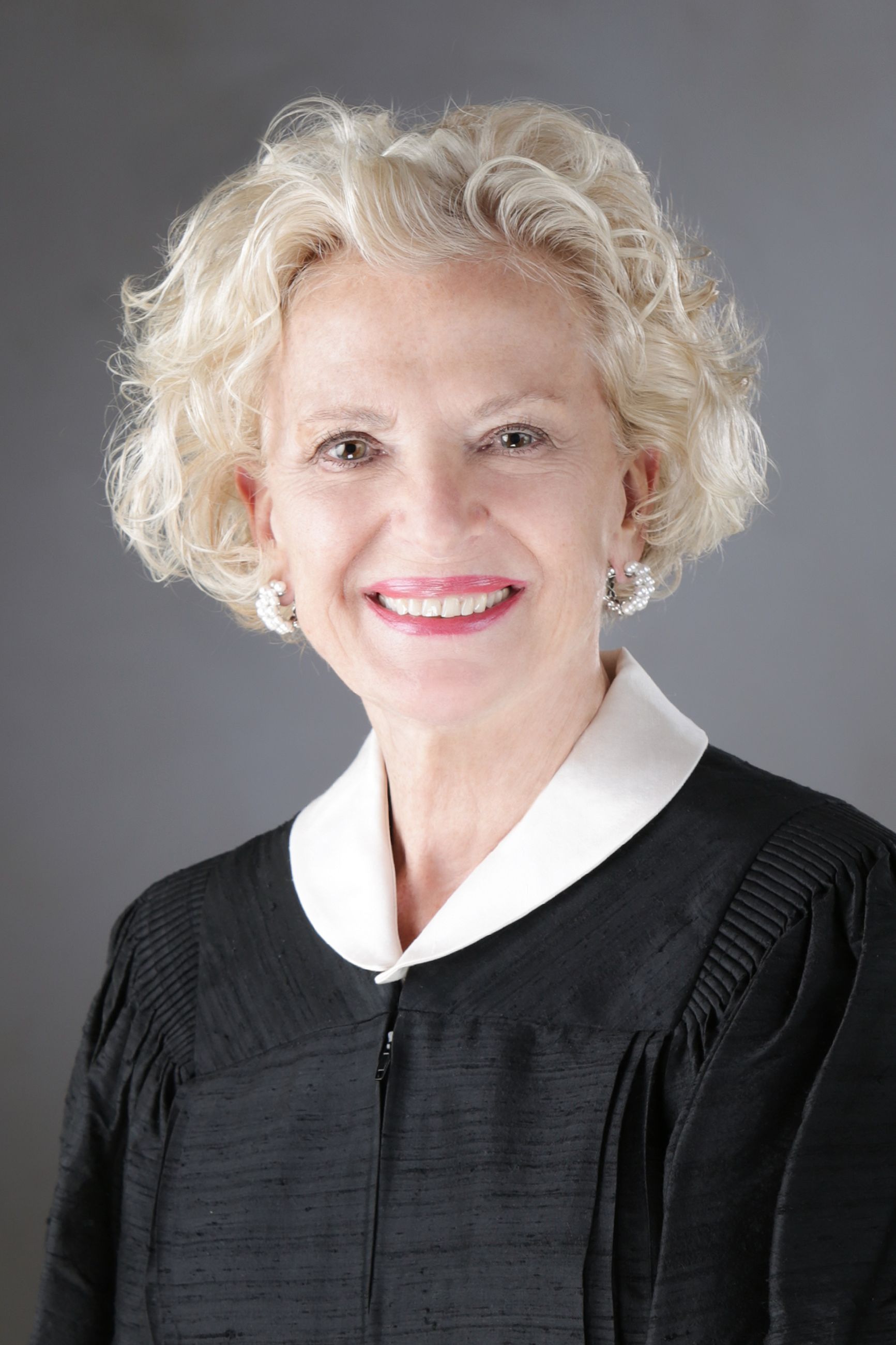ISBA Members, please login to join this section
Chief Justice Anne M. Burke Convenes Illinois Mental Health Task Force Virtual Summit
 Editor’s Note: The headline says it all. What follows is the text of Chief Justice Anne Burke’s opening remarks.
Editor’s Note: The headline says it all. What follows is the text of Chief Justice Anne Burke’s opening remarks.
“Good afternoon. It is my honor and pleasure to welcome you to the first session of the Illinois Mental Health Task Force Virtual Summit.
In 2019, the State Justice Institute (SJI) funded a three-year National Initiative to Improve the Justice System Response to Mental Illness and Co-Occurring Disorders. As part of that National Initiative, the Conference of Chief Justices and the Conference of State Court Administrators hosted a Midwest Regional Summit in October 2019. The respective chief justices and state court administrators of the participating states assembled in Deadwood, South Dakota, along with their appointed members of multi-disciplinary teams, to attend educational sessions and to identify state priorities for improving court and community response to mental illness.
The priorities identified by our Illinois State Team included: bringing stakeholders to the discussion table, establishing a Statewide Mental Health Task Force, and planning a statewide Mental Health Summit.
In March 2020, the Illinois Supreme Court officially formed the Illinois Mental Health Task Force and planning began for an in-person Illinois Mental Health Summit. The coronavirus pandemic forced a change in plans to a series of Virtual Summit sessions. As a result, we are here today at the first session of the Illinois Mental Health Virtual Summit.
The Summit is the product of many hours of planning and coordination by Marcia Meis, the director of the administrative office of the Illinois Courts, as well as all the members of our Task Force. I thank everyone for all their hard work, especially Justice Kathryn Zenoff, from the second district appellate court.
I also thank the State Justice Institute and the National Center for State Courts, in particular, Michelle O’Brien. Without them this Summit could not have become a reality.
The Task Force and this statewide Summit also have the great benefit of collaboration with Illinois Lt. Governor Juliana Stratton’s Justice, Equity and Opportunity (JEO) Initiative, as well as the legislative branch’s expertise of Illinois State Senator Sara Feigenholtz. Last, I would be remiss if I did not mention the support of The Kennedy Forum and its executive director, Cheryl Potts. These are just some of the members of our ‘Dream Team’ that have worked tirelessly on the Summit. This Summit is a convening of representatives from the judicial, executive, and legislative branches, along with key stakeholders within the behavioral health system such as providers, advocates and individuals with lived experiences—who will encourage us all to work together.
Of course, the coronavirus pandemic has had an enormous impact on all our lives. Yet its effect has not always been negative. For our court system, at least, the disruption due to the pandemic has brought about unprecedented innovation in providing access to justice, as well as a renewed spirit of cooperation and collaboration among stakeholders.
I know that everyone participating in this Summit will bring with them that same innovative thinking and cooperative spirit as we share our thoughts and ideas on improving court and community response to mental illness. Thank you so much for attending and for your tireless efforts to improve the lives of those living with mental health issues and those who are their caregivers.
Before we begin with today’s presentation, I wish to thank, in advance, the many speakers and panelists who are, and will be, participating in the five sessions of this Summit. We are grateful for your willingness to share your knowledge and expertise and we are eager to listen and learn from you.
Let me leave you today, with some words from my dear friend and mentor, the late Justice Mary Ann McMorrow, the first woman to become an Illinois Supreme Court Justice, and the first woman Chief Justice of the Illinois Supreme Court. Justice McMorrow said: ‘Let us never, ever, forget simple humanity. Let us never forget that the law is, first and foremost about human beings and their problems.’
Justice McMorrow was speaking to lawyers, but her words are a reminder to us all—never, ever, forget simple humanity.”
Chief Justice Burke went on to introduce the first learning session: 21st-Century Crisis Systems: Strategies for Mental Health and Law Enforcement Collaboration to Prevent Justice Involvement, and the session’s moderator,Dr. Lorrie Rickman Jones, the president of Behavioral Health Innovations, LLC, a Chicago-based consulting firm focused on providing evidence-based and data-informed health care solutions to private health care and governmental agencies. Among her responsibilities, Dr. Rickman Jones provides consultation to the Administrative Office of the Illinois Courts and Cook County Health and Hospital Systems on bond reform and diversion strategies for persons with mental illness involved in the criminal justice system.
